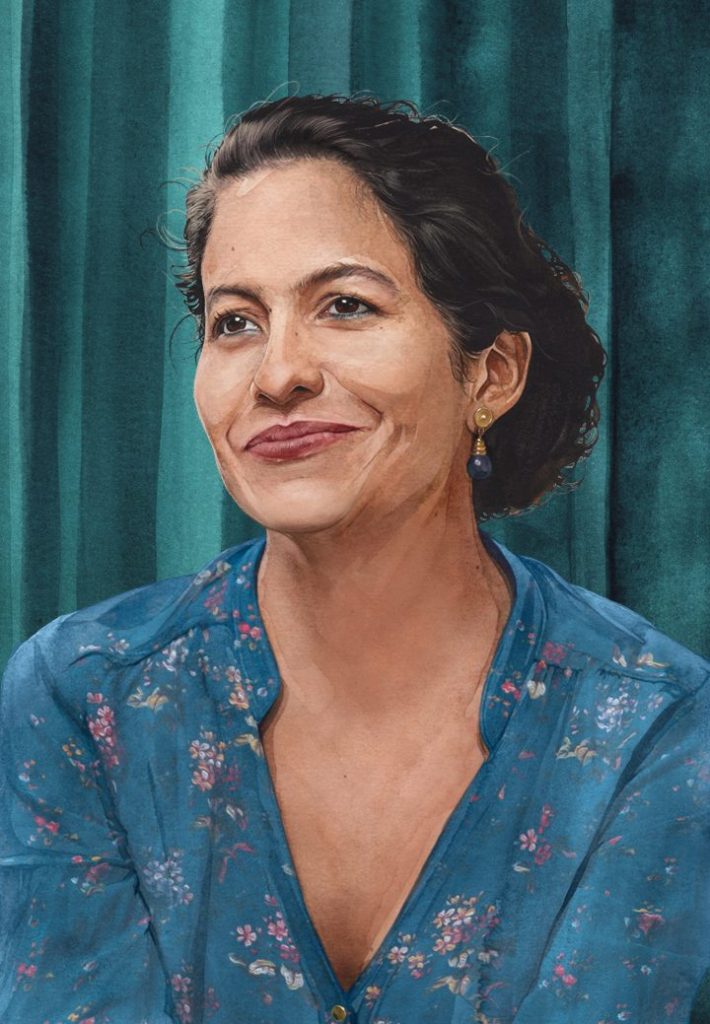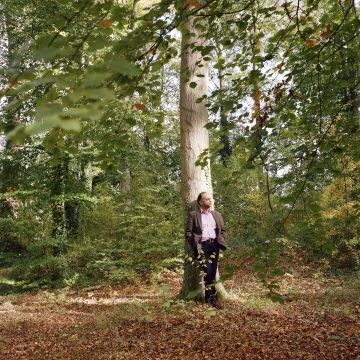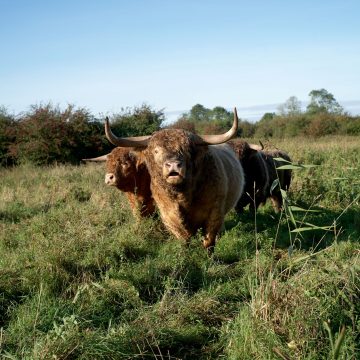Why it’s time to challenge traditional models of governance
Dr Natalia Buitron is the Jessica Sainsbury Lecturer in the Anthropology of Amazonia.

I first met Nemonte Nenquimo in 2013. Back then, she was working in the Ecuadorian Amazon to defend the territory of the indigenous Waorani people from oil extraction. Nenquimo would go on to lead a campaign which filed a lawsuit against the state; she won, resulting in a court ruling protecting 500,000 acres of Amazonian rainforest. In 2020, Nenquimo was awarded the Goldman Environmental Prize. From doing what she could to protect those around her, she has become a globally recognised figure.
Her success shows that issues at a local level can be scaled up to have an effect at a national level. We can’t look at one model of self-governance and expect it to work the world over. But we should recognise that there are diverse ways of proclaiming autonomy to live in a better world.
In 2008, for example, Ecuador became the first country in the world to enshrine the rights of Pachamama (or Mother Earth) in its constitution. And working as a political anthropologist in Ecuador, I see that we in the west need to look beyond national sovereignty as the only model for governance. There are plenty of examples of indigenous territorial-autonomous government working successfully in Amazonia.
The Wampis in Northern Peru are another group who have banded together to protect their territory. In 2015, they established an autonomous territorial government known as the Wampis Nation. Dispersed through more than 13,000 square kilometres of Amazonian rainforest, the Wampis have found a way to have their voice heard at both a national and global level.
But the nation state continues to take priority over natural resources, and has shown itself unable to protect ecosystems and biodiversity against corporate interests. It may sound utopian, but it is in our own practical interests to rethink our approach for the greater good of the world. Many indigenous peoples feel the United Nations has failed them. They are turning to their own local models of governance.
The Shuar have learnt to think like bureaucrats at a national level and then innovate at a local level to get things done – in this way, they achieve collective agency
I have watched that process at work in the villages of the Shuar on the borders of Ecuador and Peru. The Shuar are a pre-Columbian people, fiercely independent of the state until the mid-20th century, when they were encouraged by missionaries to settle. With their newly built villages came new systems of local government, including an administrative council and democratic representation through village assemblies.
From the outside, this council system seems to be fully assimilated into the state bureaucracy. But the reality is different. The Shuar join forces to win funding for projects at state level, but then they de-collectivise to see those projects through, assigning individual responsibilities to particular tasks and allowing local families to contribute resources and time as they are able. The Shuar have learnt to think like bureaucrats at a national level and then innovate at a local level to get things done. In this way they achieve ‘collective agency’.
Autonomy tends to run up against difficulties when it hits big bureaucracy. Indigenous peoples expend a great deal of their energy on protecting themselves from the state and multi-national encroachment. Yet, if we give them the space and support to do so, they are perfectly able to create their own model to protect their own environment for the good of everyone.
To enable this to happen on a global scale, we must join forces in challenging traditional models of government. We should move away from our Hobbesian narrative that people are not able to govern themselves. In both Ecuador and Peru, many nations exist within one state, so it is natural for local people to challenge the concept of One Nation, One State. Instead, they seek to create new dialogues and narratives.
We need to rethink concepts of territory and develop a way of managing the land that includes the rights of non-humans – the plants, rivers, forests and animals. In doing this, the Shuar people see themselves as neither victims nor saviours. They are simply trying to cope creatively with the changing paradigms in their lives.







